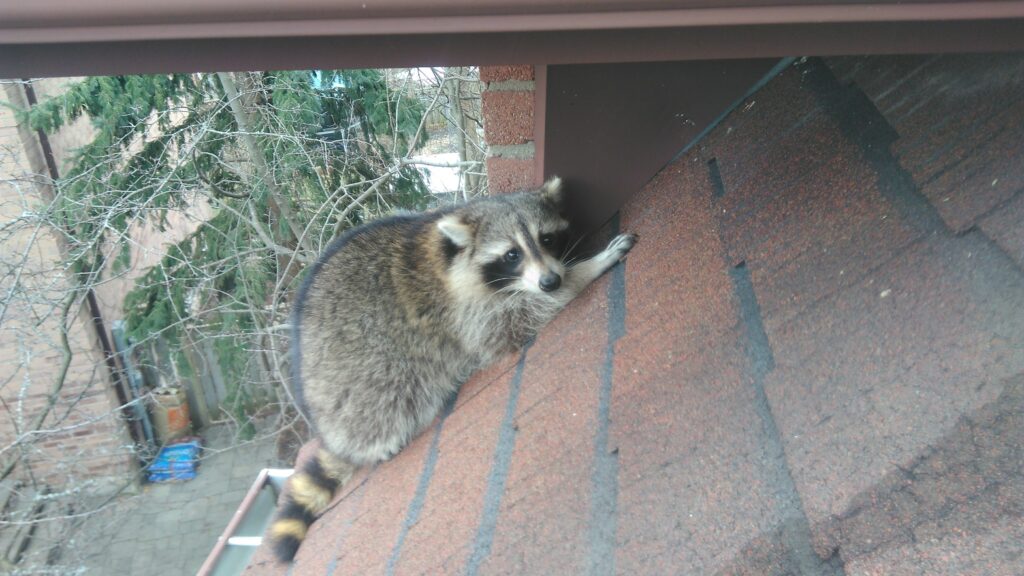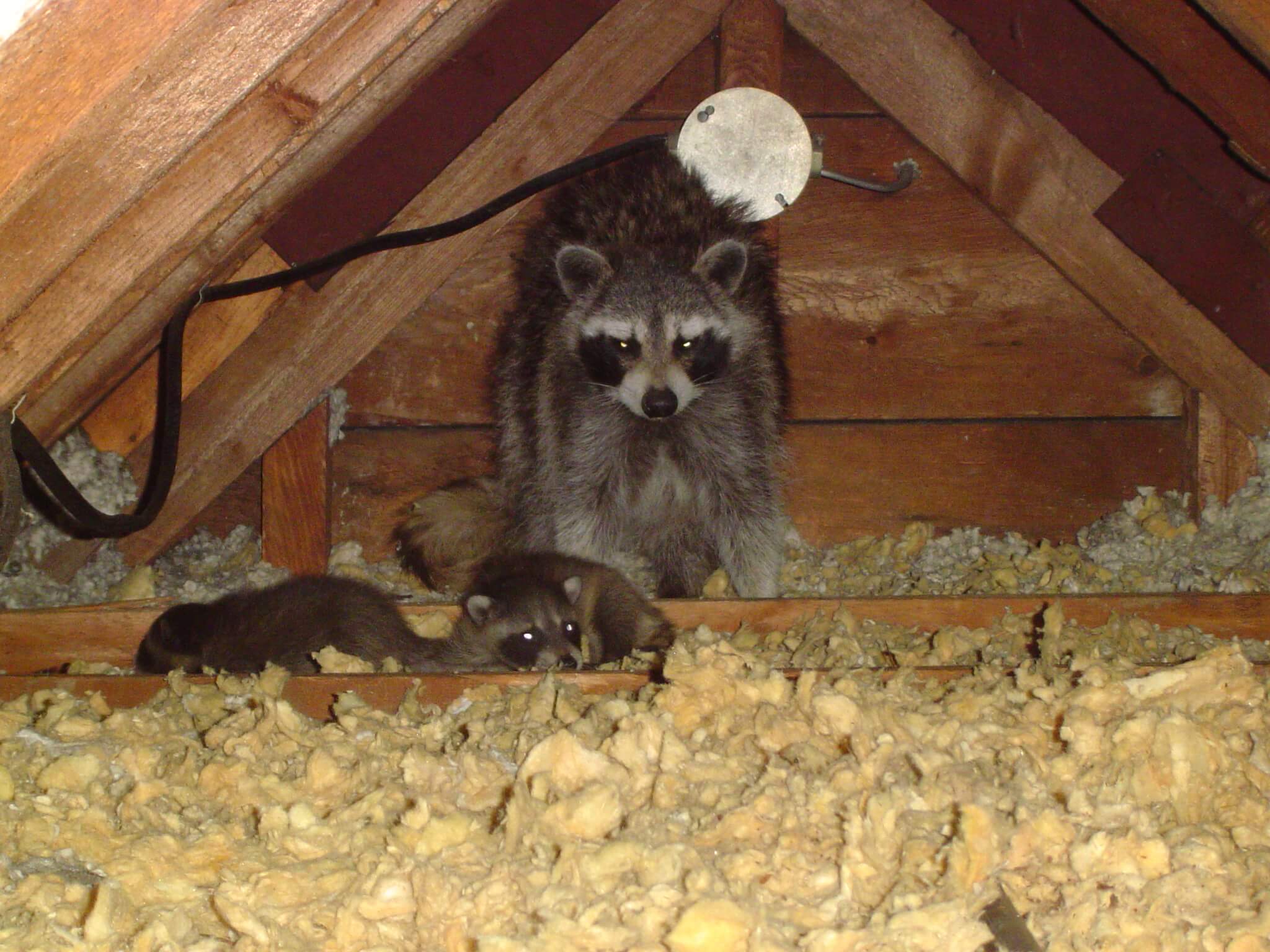Raccoon Prevention
Preventing an encounter with an aggressive raccoon is in your best interest and the best interests of the raccoon. The most important thing to remember is that raccoons don’t want to interact with you. Even a mother raccoon concerned for her babies will often herd everyone in the other direction before instigating an altercation. If a raccoon is aggressive or behaving strangely, something is usually wrong, and you should be very wary of engaging at all. To avoid any dangers routinely involved with wildlife, having a prevention plan in place will help your odds of never encountering a raccoon at all.No Pets
Remember that even though raccoons are cute and cuddly looking, they aren’t pets. Do not leave out bedding or pet houses or food and water bowls for them. Raccoons are wild animals that have to survive on their own whether or not you are available to feed and care for them. Playing into a narrative of raccoons as a pet is unrealistic and dangerous.No Feeding
No matter how cute they look, don’t feed the raccoons. Raccoons can make their way on scavenged food from nature without the help of human nutrition, and they will only return again and again for human food. If the raccoon is injured or has an illness, it will still return for the food. The best practice is not to feed raccoons at all so that they do not adopt an expectation of receiving food from human homes.No Trash
Whether or not you intend to feed raccoons, if you do not secure your trash area, you provide a buffet for all kinds of wildlife. To make the area around your home safer and less appealing to raccoons, secure your trash and recycling bins with weighted or wildlife-proof lids or store bins inside buildings.
Raccoon Deterrents
Even the best-laid plans of prevention can fall through sometimes. While you may have been following the rules diligently, your neighbour may be live-streaming their nightly raccoon interaction instead. Talk to your friends and neighbours bout the importance of leaving wildlife alone and the potential danger involved. If you do encounter an aggressive raccoon, it may charge you or make growling noises. The raccoon may bare its teeth and grunt while swaying back and forth. For the most part, these aggressive displays are just for show. The raccoon usually wants the interaction to end as soon as possible; in other cases, something may be wrong with the raccoon. Because you can never be sure of the raccoon’s intent, it is best to play it safe and get away as soon as possible. When you are in a stand-off with an aggressive raccoon, begin to make your way through the following sequence of actions on repeat until you can slowly back away and call professionals for help.- Create loud noises
- Make big movements
- Jump around
- Grab a hose or a garden tool
- Put the trash bin between you



